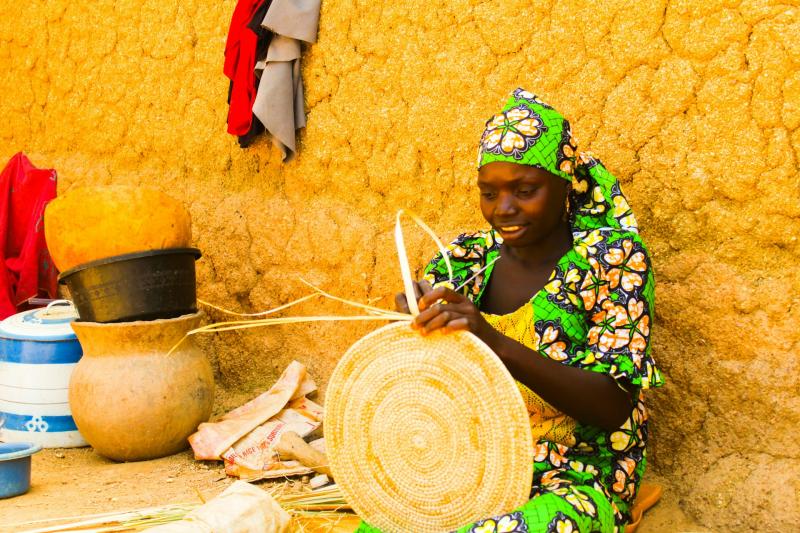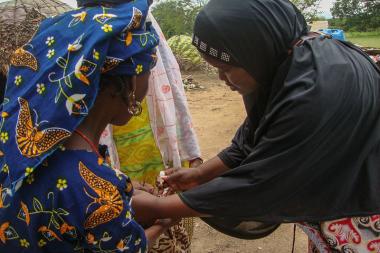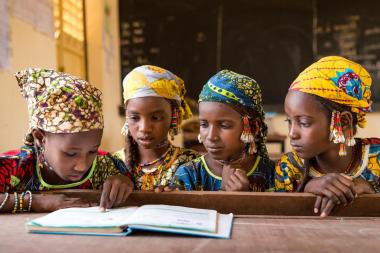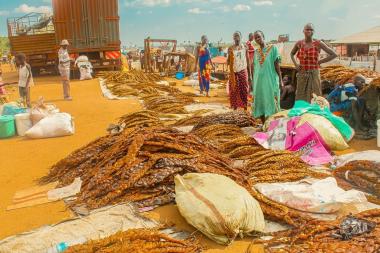Journal article
Socio-economic challenges deterring sustainable pastoralism among women pastoralists in the Sahel region of northern Nigeria
This article examines the socio-economic and environmental challenges faced by women pastoralists in the Sahelian region of northern Nigeria and provides recommendations to support their livelihoods.
Publisher Journal of the Geographical Association of Tanzania
Female pastoralists exhibit great strength in the drive to make a dependable livelihood from livestock tending. This is not without challenges that are gender- specific. This paper examines the socio-economic and environmental challenges faced by women pastoralists in the Sahelian Region of Northern Nigeria. Primary data were derived from an interview of 2,290 adult female household members in 6 local government areas in Bauchi and Gombe States in Nigeria. A stepwise regression analysis determined that amongst 23 socio-economic variables, 14 were significant explanatory or predictive variables (p < 0.05) for the socio-economic status of women, as a measure of their capacity to sustain pastoralism. The results indicate that the length of time or experience in pastoralism had the most predictive power (β = 0.31; p < 0.05), and contributed 13% (R 2 = 0.13) in enhancing the socio- economic status of pastoralist women.
This was followed by other socio-economic factors such as the level of formal educational attained, participation in household livestock raising, ownership of large livestock, climate change awareness, prevalence of out-of-school children within the household, availability of household transportation means, category of health care facility accessed, involvement in non- agricultural economic sectors, involvement in food crop farming, ownership of small livestock, amount of rest/sleep affordable, membership of community development groups, and age.
The paper recommends support for female education in pastoral communities, access to health care in remote areas, and upgrading community development groups to cooperative or self-help groups that can provide affordable loans to assist pastoralist women in thriving better in a supposedly male-dominated profession.
Read the journal article here.
Citation: Balogun, V. S. and Dudu, J. E. (2024). Socio-economic challenges deterring sustainable pastoralism among women pastoralists in the Sahel region of northern Nigeria. Journal of the Geographical Association of Tanzania. Vol. 44 No. 1 (2024). DOI: https://doi.org/10.56279/jgat.v44i1.314

A woman weaving in Kano State, Nigeria
Credit Image by Photo by Nnaemeka Ugochukwu on Unsplash


